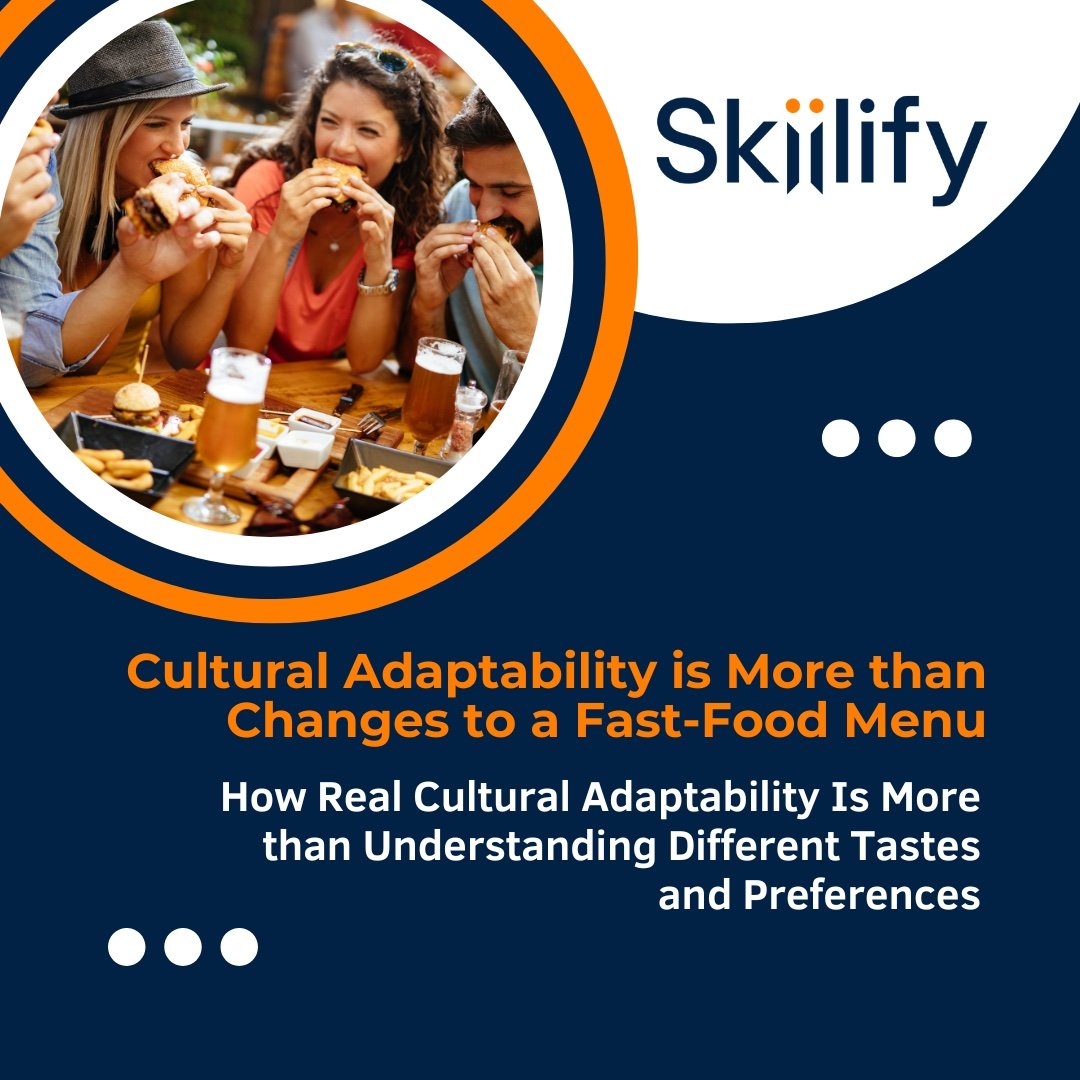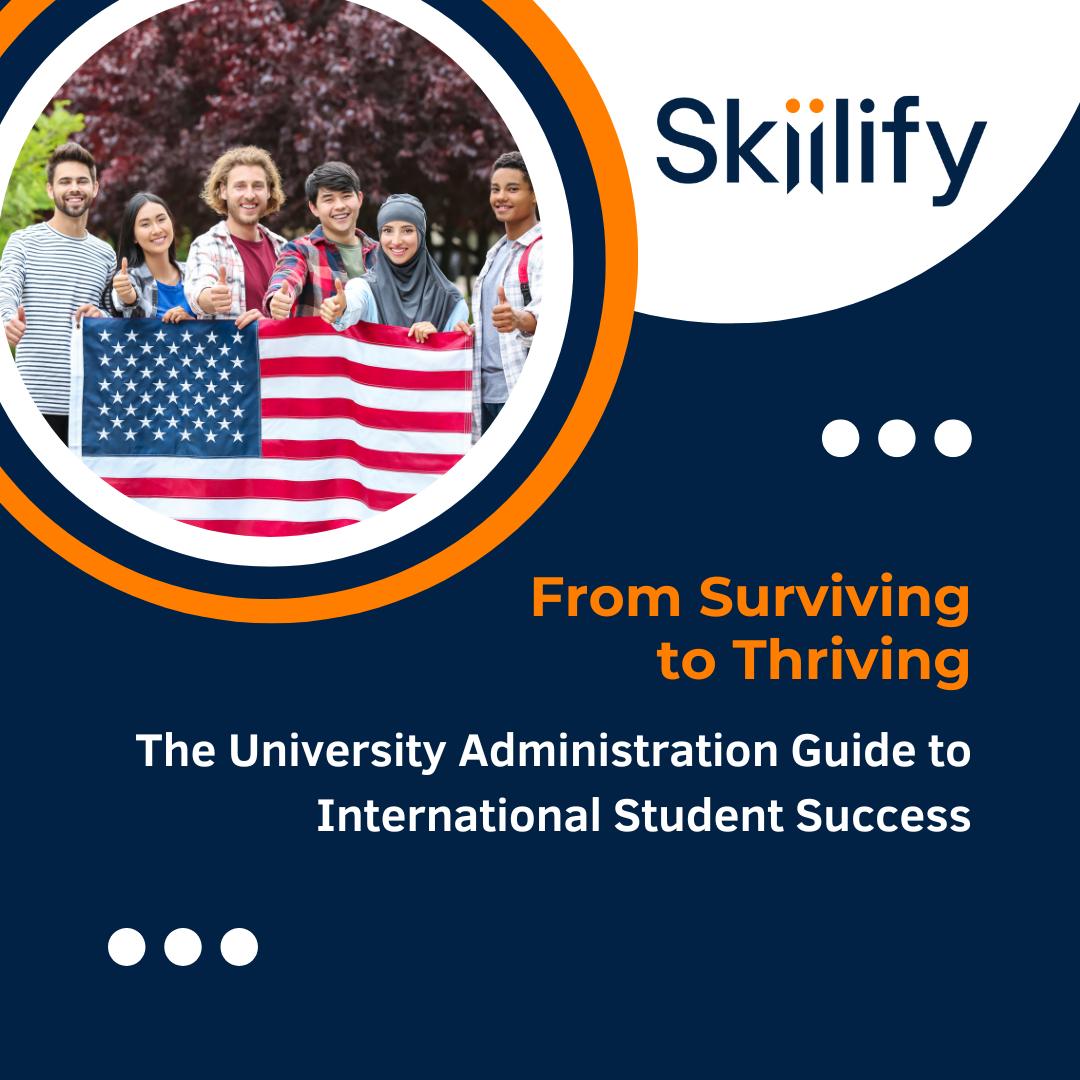
Cultural Adaptability is More Than Fast-Food Menu Changes
Everyone who needs to (quickly) describe cultural adaptability will point to the time when they visited a McDonald's in another country and describe something local on the menu that they wouldn’t find in their home country. Yawn. Cultural adaptability is far more than recognizing the differences in rather obvious regional tastes and preferences.

Three Ways to Build Unshakable Team Trust
Building unshakable trust isn’t just about improving communication—it’s about transforming the way team members interact with one another. When teams prioritize transparent communication and respect diverse communication styles, they create an environment where trust can thrive. This not only strengthens team bonds but also boosts collaboration, innovation, and overall performance. With Skiilify’s myGiide tool, teams can unlock the power of transparent communication and build the trust needed to succeed in today’s complex, interconnected world. By embracing diversity and fostering clear, empathetic dialogue, teams can transform their relationships and achieve new levels of success.

Thriving International Students: A Guide for University Administrators
As all university leaders know, the academic journey of international students is often burdened with challenges beyond just their grades. Cultural differences, feelings of social isolation, and unfamiliarity with the U.S. educational system can lead to stress and anxiety, significantly impacting their academic performance. Research shows that international students who adapt well to their host country environment are more likely to succeed academically, feel a sense of belonging, and graduate. In contrast, the failure to adapt creates deep personal, financial, and educational problems for international students.

Is global mobility dead?
The answer is “it depends”. For global mobility functions still focused on traditional long-term moves, their scope and influence are rapidly decreasing. However, the opposite is true for global mobility functions transforming into a strategic partner in talent management.One, global mobility professionals need to focus on attracting and retaining talent. This is different from the relocation skills once needed.Two, global mobility professionals need to embed cultural adaptability into the entire workforce. This is different from the focus on cultural skills for only those who were relocating. Three, global mobility professionals need to focus on strategic global talent management. This is different from the past when the function was more focused on administrative tasks.
